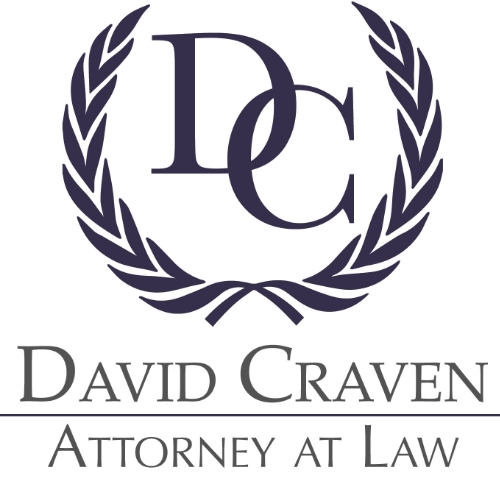Legal IQ Tips: Estate Planning
Do you intend to leave your favorite non-profit money in your Will or Trust? Does your Estate Plan leave money to an organization?
Leaving money to an organization that you have worked with or feel connected to is a noble thing to do. Many clients enjoy doing this, as they are nervous to give money they may need for their own care, during their lifetime, but are happy to donate some of their Estate, once they have passed on. It’s always wonderful if you can help support an organization monetarily, so that organization can continue to do their good work.
If you haven’t already, take a look at my last two posts for some other helpful tips on additional “things to think about” when leaving money to an organization.
********************
HOW do you want your money to be used?
It’s important you really spend some time thinking about this.
While this topic compliments the other 3 topics I talked about, it also stands on its own.
Doing your due diligence in those other areas, will help ensure your money is utilized the way you intend, but in addition, depending on how specific your wishes are, you may need additional language or additional documents to help your intentions.
For example, I have had a client who wanted to donate their money to a Convent. They knew the local Convent and what good work the parish did. BUT, my client ONLY wanted their money to go towards the care, comfort, and living expenses of the nuns. They had a special connection with this Ministry’s nuns and believed these women should be better taken care of. They did not want their money to help with the up-keep of the facilities, children’s programs, bible studies or anything else. They admired all the Convent did, but they simply wanted to help take care of the nuns.
Given the specificity of their request, we created specific language. Depending on how specific a client is, or how concerned they are about their gift being used as intended, there are different legal tools that can be put in place to ensure money is used HOW individuals want. This ranges from simple language in a Will to the creation of an entire Trust or Charitable Foundation.
With all this said, I do caution my clients to think about the scope of their gift from “the other perspective”. If you are too specific in your gift, your gift may not be accepted or be used for what the organization is really in need of at the time.
For example, with the situation I noted above, if for some reason that Convent did not have nuns, my clients gift may not be accepted. That might be exactly what my clients intended, or, sometimes, you may unintentionally make the scope too narrow.
Going back to my example of the animal shelter, if that individual had said that the money was only to be used for the creation of a new facility, but a new facility was just built, that money might not be able to be used for another 20-30 years. While in the meantime, animals were needing food and medical procedures.
Really understanding your intentions, the organization you intend to donate to, and then talking with a lawyer who focuses in this field, will help guide your decisions. I always counsel my clients on this exact point. Too broad, your money may not get used as you intended, too narrow of a scope, your money may not be accepted. I always tell my clients that if they want to keep a narrow scope, we need to have some “back-up” plans in place.
*******************
Again, there are no right or wrong answers on the above topic.
I hope this 3 part series has been education on some topics you should think about when contemplating leaving money to a non-profit via your Estate Plan: (1) How stable is the organization, (2)What does the organization spend its money on, (3) What is the structure/setup of the organization, and (4) How do you want your money to be used.
Working with an Estate Attorney will allow you to address all of these questions and better ensure your money is used for what you intended.
If you have any questions or need any help, don’t hesitate to contact me. I focus my Rhode Island based practice in everything from simple Wills to complicated Trusts.



